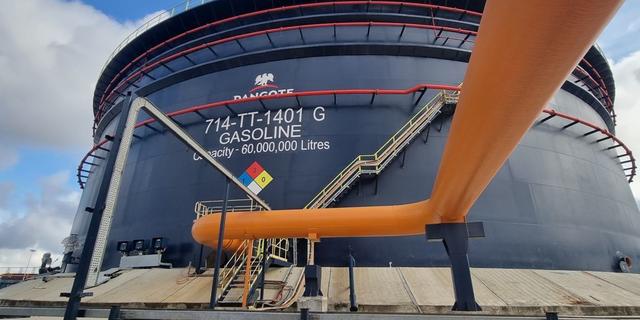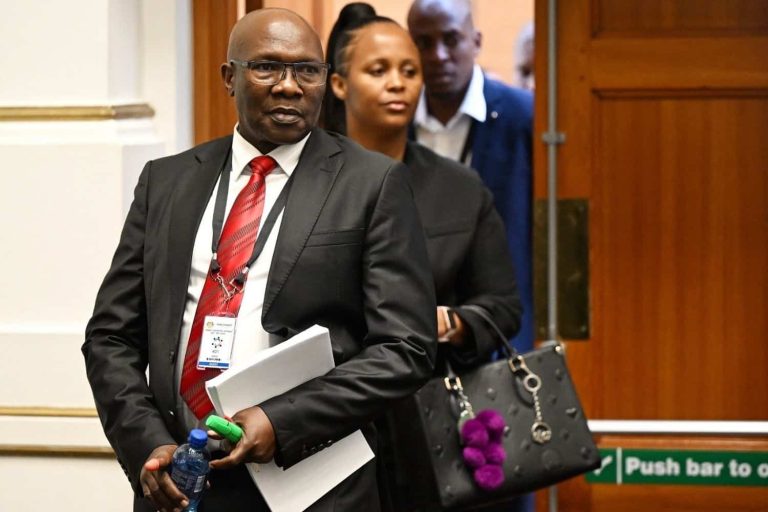
Canadian aerospace giant, Bombardier Inc., has endorsed the Dangote Petroleum Refinery, describing it as a world-class facility and praising its large-scale production of jet fuel as a significant boost for the aviation industry.
The Chairman of Bombardier’s Board of Directors, Pierre Beaudoin, who led a delegation on a tour of the facility, expressed admiration for the vision behind what is now the world’s largest single-train refinery, located in Nigeria.
A statement by the Dangote Group, on Thursday, said the delegation included Regional Vice Presidents of Bombardier, Hani Haddadin and Chris Davey, alongside Corporate Director Jean Bernier.
Beaudoin lauded the President of the Dangote Group, Aliko Dangote, for his foresight and commitment to transforming Africa through such a monumental project.
He said: “The refinery makes jet fuel in large quantity, and that is good for the industry. From what I understand, their jet fuel is environmentally friendly, taking the sulphur out and that is exceptional”.
Impressed by the refinery’s use of cutting-edge technology, Beaudoin added: “For me, as an aircraft manufacturer, I like when people invest in the products that we need, and that is what I see here. It is a privilege for me to see the world’s largest single-train refinery, and I came out with a fantastic impression of the project.”
During the visit, Beaudoin presented a prototype Bombardier aircraft to Dangote, expressing optimism that the refinery would catalyse innovation across the African continent.
“This is a world-class project. It is going to turn on innovation in Africa. It represents a lot because it means that the best project possible in the world, from a refinery perspective, is in Nigeria,” he added.
Dangote, who was accompanied by the Group Vice President for Oil & Gas, Devakumar Edwin in receiving the delegation, led the Bombardier team on a tour of the refinery.
He stated that the facility was not only built to world-class standards but also produces petroleum products that meet international specifications.
He noted that the refinery was designed to comply with emission and effluent standards set by the World Bank, the US Environmental Protection Agency (EPA), the European Union (EU), and Nigeria’s Department of Petroleum Resources (DPR).
He emphasised that the refinery has successfully entered markets in Europe, Asia, America, and other regions worldwide, noting that it has sufficient capacity to meet domestic demand while also supplying surplus products for export.
According to Dangote, the refinery could also function as a national energy reserve for Nigeria, helping to ensure energy security even in times of crisis or global disruptions such as a pandemic.
Peter Uzoho



